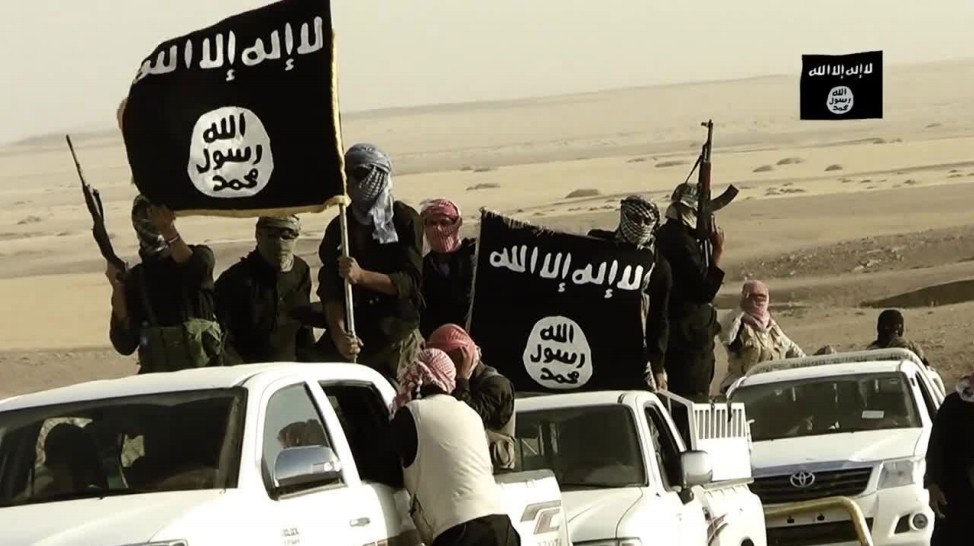On Nov. 6, 2016, Marine Corps Gen. Joseph Dunford, chairman of the Joint Chiefs of Staff, fleshed out a long-term plan with Turkish leaders to deal with the upcoming liberation of the Syrian city of Raqqa. The liberators are shaping up to be the Syrian Democratic Forces, a multiethnic unit of Sunni Arabs and Kurds. To many, this news is welcoming, and it highlights an important strategy in how the United States and its allies should tackle problems in the region for the foreseeable future. Although the United States has developed a cohort of local groups with whom we prefer to coordinate, it is important that we remain open to the complaints of our partners and other minorities in the region, especially in terms of ethnic divisions in the Middle East that outsiders rarely understand in full.
Originally, concerns were raised over the possibility that Kurdish fighters would continue to liberate traditional Arab lands on their own. Despite formidable Kurdish fighters in both Iraq and Syria, tensions between the two ethnic groups have precluded meaningful cooperation until recently. Allegations from Arabs in Iraq and Syria that Kurdish forces have committed atrocities in newly liberated towns, and intend to carve out an autonomous region in the lands they reclaim by expelling Arabs, have stoked the already prominent ethnic division in the region. Additionally, despite the United States’ overt support for the militant arm of the Kurdish Democratic Union Party (PYD) in Syria, Turkish authorities maintain that the group is a terrorist organization. This accusation isn’t simply Turkish President Erdogan’s usual dictatorial bluster either. After three decades of dealing with Kurdish terrorists, they have a right to voice complaints.
It’s worth noting that the hostile Kurdish faction within Turkey, the Kurdistan Worker’s Party (PKK), has the same ideological leader as the Syrian based PYD. While the United States acknowledges that the PKK is a terrorist entity, it does not do so with the PYD, despite their shared leadership. Because of Turkey’s critical role in the Syrian crisis, this creates an issue when coordinating not only an end to ISIS, but also for reconstruction in the aftermath of ISIS’ reign. As of now, Kurdish fighters in Syria have received the bulk of U.S. military aid as a result of their great return on investment in the form of military victories. However, the plan to take ISIS’ capital is looking much more ethnically diverse and stresses the occupying force will neither be Kurds, nor the rest of the Syrian Defense Forces. Instead, the plan will be to raise locals to safeguard and govern the area on their own, an initiative that has seen success in the region.
Iraq circa 2006 was dealing with a similar ethnic divide between Sunnis and the ruling Shia government. Against this backdrop, al-Qaeda in Iraq elicited further instability in the predominantly Sunni region of Anbar province with indiscriminate violence against Shia and Sunni alike. Fed up, local tribal leaders lashed back against the insurgency in what would become known as the Anbar Awakening. The awakening was facilitated by U.S. forces, who began making payments to the fighters in order to facilitate their counter-insurgency movement. The end result was a pacified Anbar province that prompted a draw-down of U.S. forces not long after.
The Anbar Awakening was owed in large part to the impetus of the local population to defend their own land, rather than having a foreign military come and do it for them. Had this tactic carried on, Iraq as it is today may not have materialized.
Unfortunately, payments from the United States stopped after the hand-over to Iraq’s government was completed in 2011, and the Shia-led government of Nouri al-Maliki disbanded the group. Although it’s a hard truth, the fact remains that unfunded Sunni fighters bore no loyalties to the Shia-dominated Iraqi government, nor the United States.
The stability achieved in Anbar province, and the stability needed in Raqqa, is most likely to come when the local populace participates. It should be understood that in a region with such highly contested boundaries, each person’s primary allegiance is owed to their own ethnic group. Therefore, in the case of retaking Raqqa and the rest of ISIS’ domain, it’s imperative that the United States and its allies work to mind these ethnic divisions that are already felt in the country. Then, after ISIS’ defeat, perhaps a federal government can be brokered in Syria that will delineate much authority to semi-autonomous zones for separate ethnicities. If the Syrian conflict, and the Iraq War before it, has taught us anything, it’s that forcing cooperation between groups we hardly understand will only lead to more friction in the long-run.
Kyle Rempfer is a sophomore government & politics and Russian major. He can be reached at krempfer@terpmail.umd.edu.



